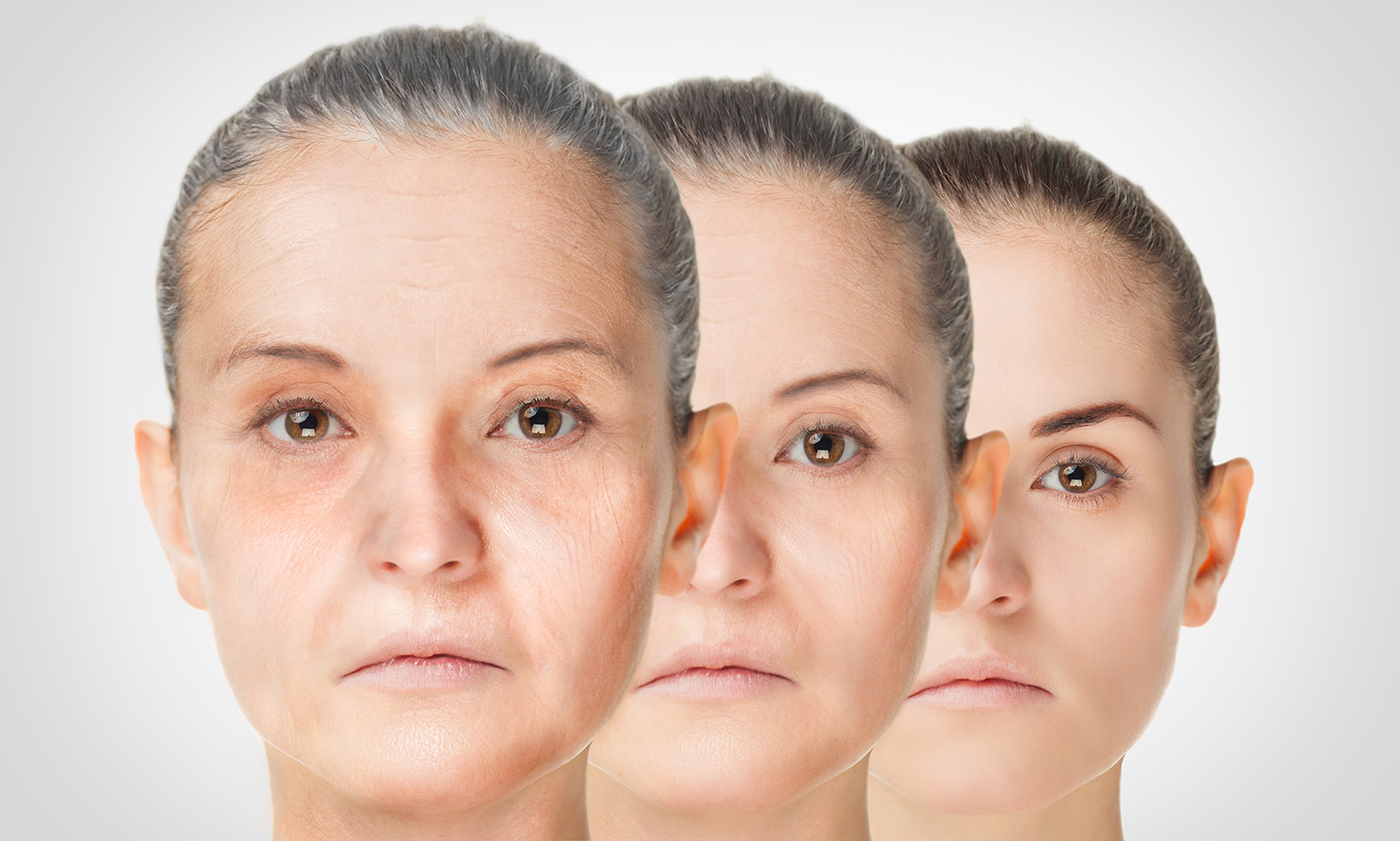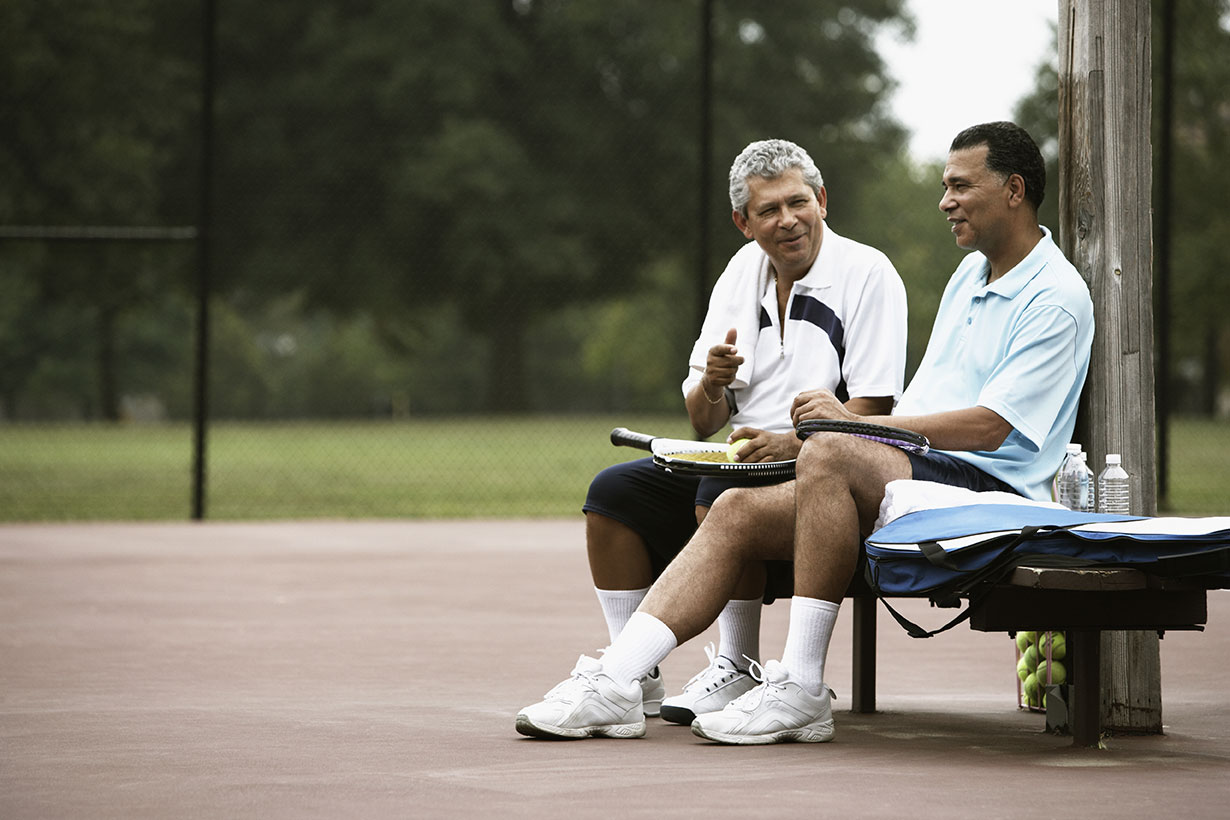Chances are good that Americans today will live a long life. The aging process begins at birth, and how we treat our body and our unique genetic makeup will determine how well we age.
Attitude is everything when it comes to aging
A person’s attitude about life and aging can shorten or lengthen life, causing one to experience either depression or vitality. Unfortunately, many people think of later life only as a time of increasing complaints, losses and decreasing abilities. Healthy attitudes can keep the mind and body strong. Unhealthy attitudes erode the mind and body.
A growing body of research indicates adults can optimize their capabilities whatever their age. Research led by Susan Turk Charles from the University of California at Irvine found that older adults can regulate their emotions more effectively than younger adults. Also, older adults can recall fewer negative and more positive images when shown images that were negative or neutral. Older adults decoded less information about negative images and placed more value on emotionally meaningful goals as they are aware of the limited time left in life.
This memory bias behavior can help you be healthy and happy as you age. The older the cohort group, the stronger the recall of positive images. An advantage for older adults in the study was their past experiences of making changes and growing through these transitions. Younger adults groups recalled and recognized negative images more frequently in the research studies.
Tips for healthy aging
Poor health or forced retirements are two predictors that can negatively affect older adults’ abilities to find well-being in later life. Ann K. Smith, The Ohio State University Cooperative Extension, concluded from a review of research findings 16 suggestions to optimize well-being whatever age you are.
These healthy aging suggestions are:
1. Expect and adjust to change.
Look at change as an opportunity for growth. Maintain a sense of humor because it is enjoyable and can be used to bring balance and perspective to life. Do something each day that you like to do. You will have something to look forward to and it adds interest to your life. Do something each day that you do not like to do but must be done. This task adds challenge and a sense of accomplishment to your day. Do something each day for someone else. This allows you to get your mind off yourself and your situation. Exercise each day to improve mental and physical fitness. To reduce risks for chronic diseases, maintain a healthy weight and eat properly according to the Dietary Guidelines for Better Health. Check with your local Cooperative Extension offices, a government Web site or with a medical adviser on implementing the Dietary Guidelines.
2. Maintain connections with others.
Form a network of relationships with family members, friends and people of various ages. Maintain enjoyable surroundings (colors, hobbies) that you prefer. Challenge your mind daily by making it a goal to learn something new. Be open to new ideas and interests. Nurture a sense of personal worth. You are unique, so enjoy who you are. Nurture self-confidence. Build on your strengths or abilities and be realistic. Wisely use resources of time, money, talent and energy. Focus on the positive. Look for good things in your life, be appreciative, smile, keep your chin up and move forward.
3. Invest in life and living.
Look forward to each day. Set goals and work toward them. If you are currently implementing some of these ideas in your life, continue to use them. Are there areas you could improve on? Make it your next goal and optimize your capability to enjoy life at any age. Additional information on Healthy Aging can be found on the Colorado State University Cooperative Extension Web site at www.ext.colostate.edu. Go to online info, then select Consumer and Family and then Healthy Aging.
Author: freetips





